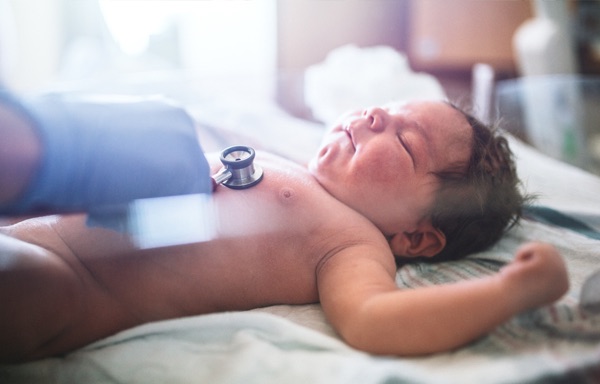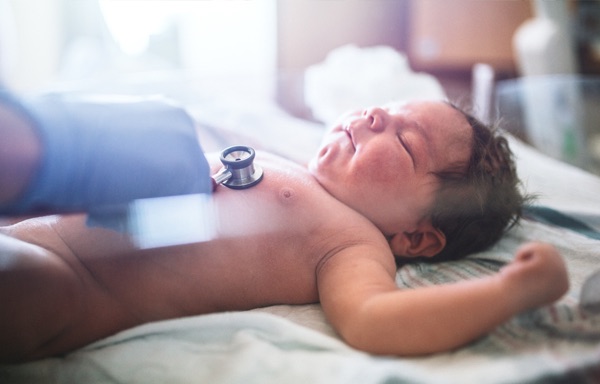5 Opportunities To Improve Post-Discharge Education For Parents Of Neonates

 An article published in the Baylor University Medical Center Proceedings stated, “In the context of escalating health care costs and shocking future cost projections, the potential for improved health outcomes through patient education and self-management programs is immense.”[1] At the heart of this idea, according to the authors, is patient engagement.
An article published in the Baylor University Medical Center Proceedings stated, “In the context of escalating health care costs and shocking future cost projections, the potential for improved health outcomes through patient education and self-management programs is immense.”[1] At the heart of this idea, according to the authors, is patient engagement.
Nowhere is this more true than in the Neonatal Intensive Care Unit (NICU) where research indicates parental involvement and communication are key to positive outcomes.[2] And this communication should extend beyond the walls of the hospital and beyond patient discharge. Babies that have been in the NICU have higher rates of readmissions than other infants.[3]
Following are five elements hospitals should include when developing an educational program for NICU parents and families.
How-to videos. People generally retain more information when watching a video than they do just reading documents. Videos also offer the ability to show real-life examples of more complex at-home care instructions. For parents of neonates, watching a “how-to” video can ensure they’re following appropriate care procedures. It can also increase the parents’ confidence in their ability to properly care for their infant at home.
Condition-specific Information. Not all NICU graduates require the same level of at-home care. It is important that parents have access to educational information customized to their infant’s specific condition. This helps reduce anxiety and improve peace of mind. And because parental stress has a direct impact on a baby’s development, providing this peace of mind is important for improving outcomes.[4]
Virtual access. Leaving the hospital with a handful of care documents gives parents the feeling that they’re on their own to sink or swim. By offering them 24/7 access to an online library of educational information after discharge gives parents the ability to find the information they need when and where they need it. Because an online library can be accessed from any internet-enabled device, parents can find information faster and easier.
View tracking. Adherence to care plans is essential to reducing readmissions and complications. Having the ability to track whether parents are accessing information and which information they’re accessing can help clinicians identify families that may be struggling. It also helps clinicians better prepare for follow-up calls and appointments.
HIPAA compliance. Personal healthcare information is a very valuable commodity on the black market. Hospitals need to ensure any PHI is protected at the highest level. This means personalized educational materials need to be behind secure logins and housed on industry-certified web servers.
Bringing home a baby who has been in the NICU for weeks or months can be overwhelming for parents. They may be apprehensive about their ability to care for the special needs many neonates require. By providing educational materials in multiple formats both inside the hospital and post-discharge, hospitals can help relieve parental anxiety, increase adherence to ongoing care plans, and improve outcomes.
[1] https://www.ncbi.nlm.nih.gov/pmc/articles/PMC5242136/
[2] https://www.ncbi.nlm.nih.gov/pmc/articles/PMC4119144/
[3] https://www.healthychildren.org/English/ages-stages/baby/preemie/pages/Bringing-Baby-Home-Preparing-Yourself-Your-Home-and-Your-Family.aspx
[4] https://link.springer.com/article/10.1007%2Fs10578-012-0291-4
